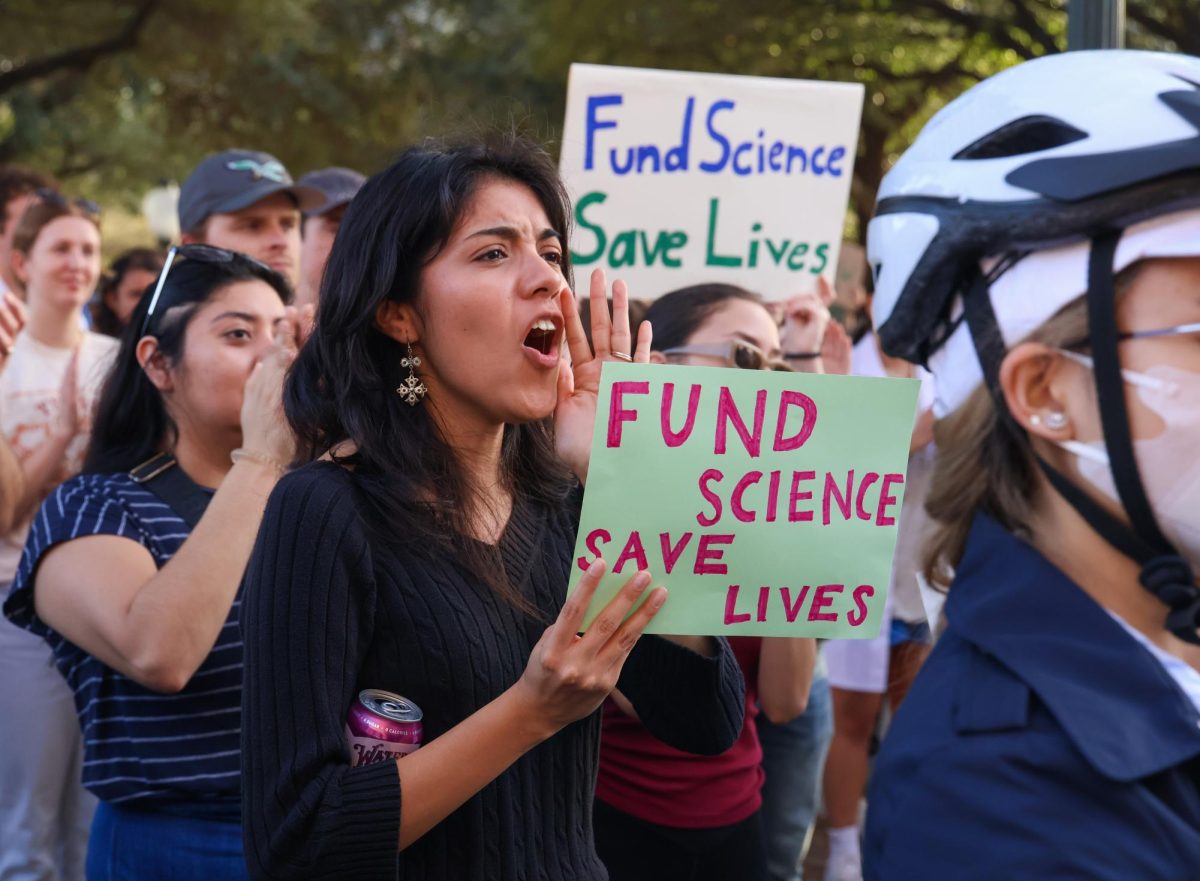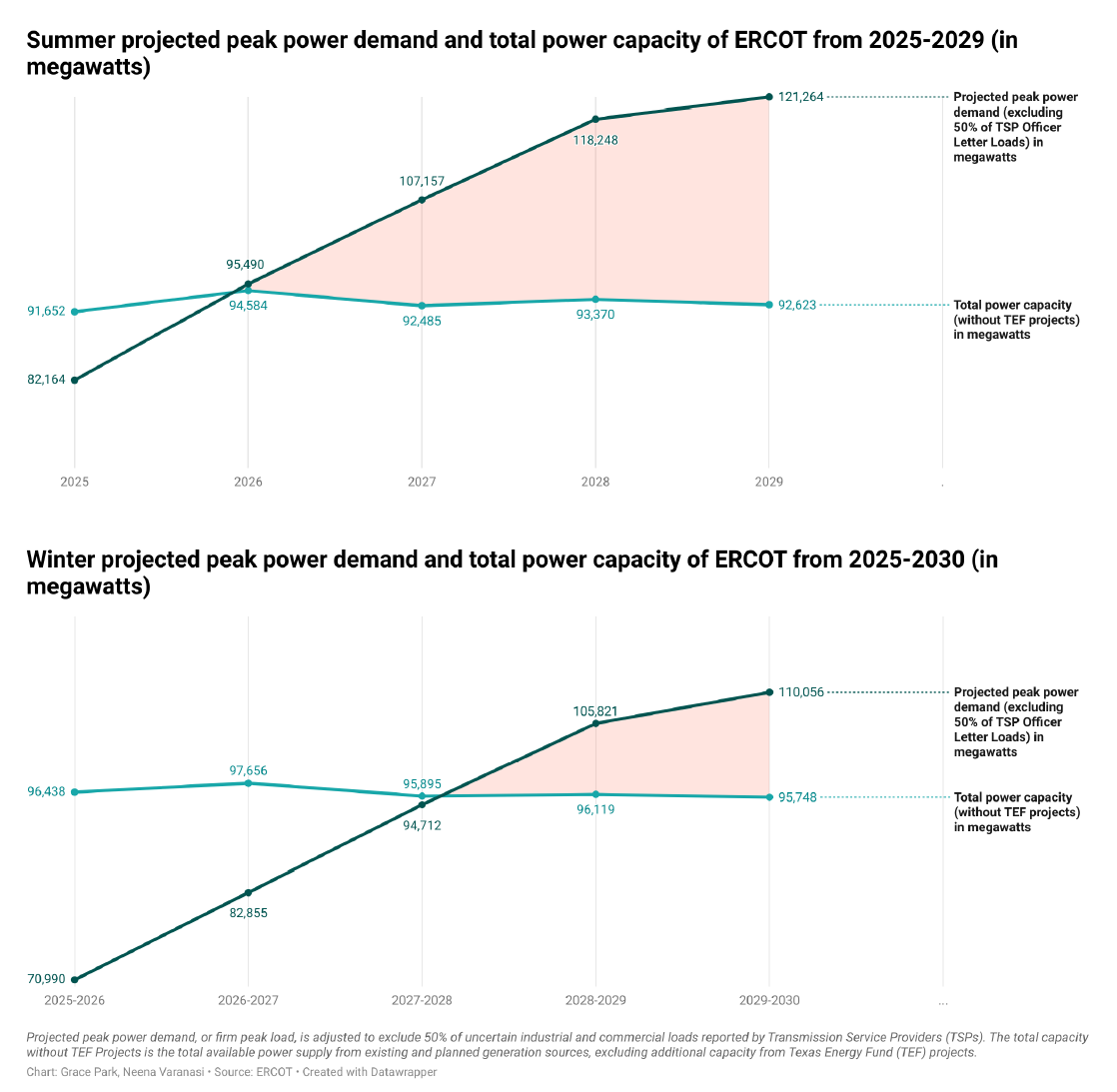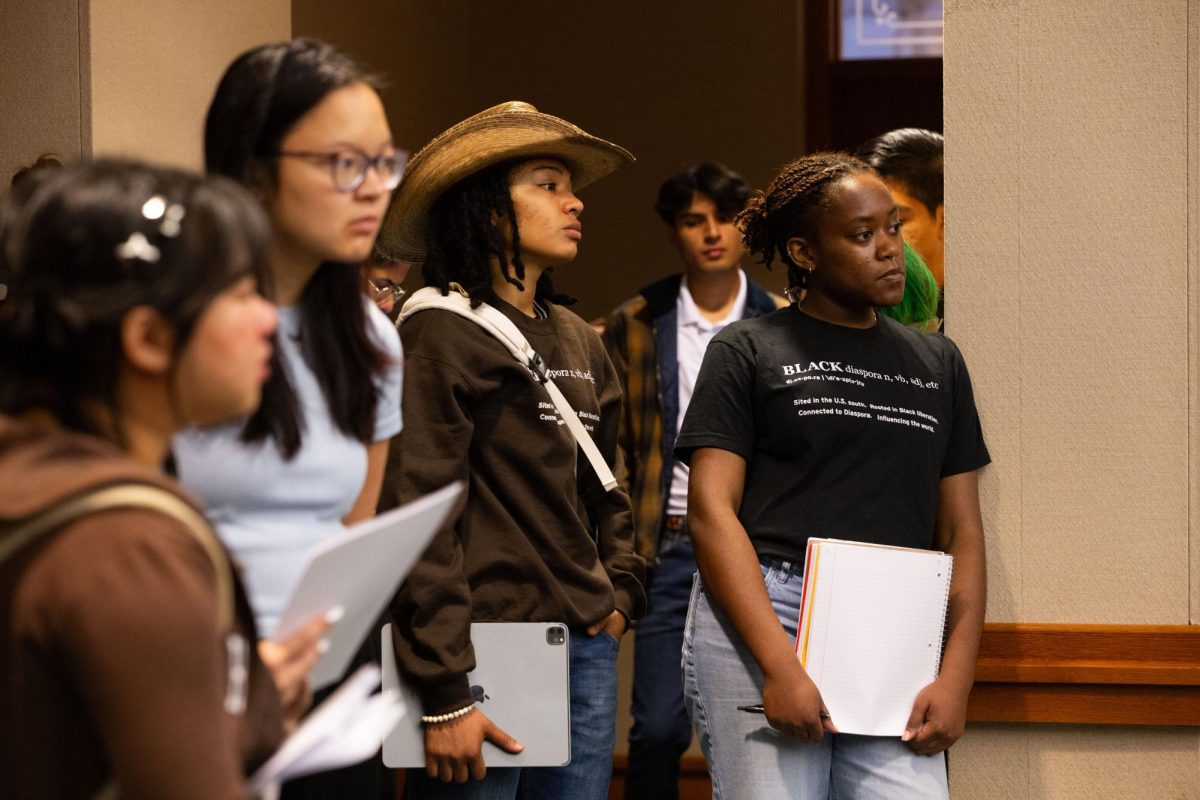Barefoot, with their soles blackened by the pavement, students endured cracked sidewalks and hot asphalt Tuesday to raise awareness of global poverty.
About 30 students participated in the joint “One day without shoes” event co-hosted by TOMS shoes and ONE, an advocacy group that fights extreme poverty and preventable diseases. The students walked from the Drag to the Capitol.
The campaign defines extreme poverty as anyone living on less than $1.25 a day, said Paulina Sosa, ONE’s Austin congressional district leader and a philosophy senior at UT. She said the organization fights different roots of poverty to create a sustainable way for communities and families to get on their own two feet.
“This is going to show that Austin cares about poverty not only on the local level, but the global level,” Sosa said. “It’s a symbolic way to speak out as a community and speak out to our elected officials.“
Sosa said people donated about 100 shoes to benefit four local charities: SafePlace, Street Youth Ministries, Saint Louise House and Mobile Loaves and Fishes.
Government junior Rosa Gutierrez said the founder of TOMS shoes, Blake Mycoskie, inspired her to organize a campaign on campus. She said the first time she heard about TOMS’ donation program — each time a person buys a pair of TOMS shoes, another pair is donated to a child — was when she heard Mycoskie speak on campus last year.
“The whole world is coming together today,” Gutierrez said. “There’s over 100,000 people around the nation who went barefoot to speak for the people who can’t speak for themselves.”
Sociology junior Crystal Guevara said her mother, a native of Guatemala, did not have shoes until she was 10 years old.
“I have a sense of personal responsibility to raise awareness where children don’t have the bare essentials in this world,” Guevara said. “I feel it’s important for university students to break out of their bubble and become aware of other problems in the world, even the smallest ones.”
Terry Cole, the founder of Street Youth Ministry, a ministry for street-dependent 17- to 25-year-old transients, said every week there are 100 new homeless youth living around the edge of UT. He said many of these street youths are invisible to UT students. He said he notices that first-time volunteers with Street Youth Ministry begin to understand them better.
“It’s not ‘us’ and ‘them’ anymore,” Cole said. “It begins with getting people to think about what is the compassionate response. We’re always going to have poverty, but we don’t have to have dumb poverty. We don’t need poverty [from things] that we can fix easily.”
——————————————————————————–




















